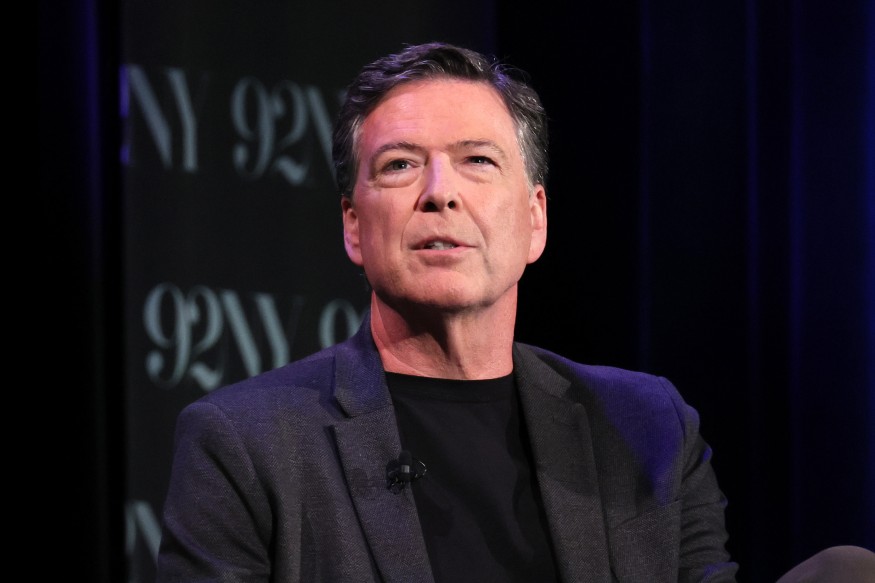Former FBI Director James Comey Indicted: Court Papers Reveal Charges Centered on 2020 Senate Testimony
The sealed indictment was posted on X (Twitter) by CNN's Jake Tapper

Former FBI Director James B. Comey Jr. faces two felony counts, according to an indictment filed September 25 in the Eastern District of Virginia. The document, unsealed this week, offers a rare glimpse into how prosecutors believe the onetime head of the Bureau crossed legal lines while testifying before Congress.
In photos of the indictment, published online by CNN's Jake Tapper, show the charges as straightforward but weighty:
Count One alleges Comey knowingly made false statements to a U.S. Senator during a 2020 Senate Judiciary Committee hearing. Specifically, prosecutors say Comey denied authorizing anyone at the FBI to serve as an anonymous source for media coverage of an ongoing investigation into "Person 1." The indictment states that Comey in fact had approved another FBI official, identified only as "Person 3", to act in that capacity.
Count Two accuses Comey of obstruction of a Congressional proceeding, charging that by making "false and misleading statements" during that hearing, he corruptly attempted to influence or impede the Senate's inquiry. Both counts fall under federal statutes long used against public officials, but almost never aimed at a former FBI Director.
According to sources cited by The Washington Post, there was a third count that wasn't included.
Comey indictment: pic.twitter.com/YIdIp43MXc
— Jake Tapper 🦅 (@jaketapper) September 25, 2025
The indictment is not sprawling, but its implications cut deep. Congress depends on sworn testimony from executive branch officials to exercise oversight. By focusing on whether Comey lied during questioning, prosecutors are essentially accusing a former Bureau chief of undercutting the very system meant to keep intelligence power in check.
Unlike past political battles over Comey's decisions during the 2016 election, this case zeroes in on his conduct under oath. That framing could give the trial a less partisan edge in court, even if the political atmosphere outside guarantees fireworks.
Timing and Motives
The alleged false statements date back to September 30, 2020, when the Trump administration was still in office. The charges themselves were filed just as the statute of limitations threatened to run out. That detail suggests urgency within the U.S. Attorney's Office in Alexandria, now led by Lindsey Halligan, who signed the indictment.
Critics are already questioning whether the case reflects a genuine legal finding or political pressure from a Justice Department reshaped under President Trump's return to the White House. The indictment itself does not reference politics, but its sparse language leaves room for narratives from both sides: defenders who see long-overdue accountability and opponents who call it retaliation.
They were presented few days after Trump wrote in truth social a message to Pam Bondi asking her to speed up the prosecution of some of his political enemies.
Gonna be hilarious when the Comey indictment gets thrown out because of Trump’s words ordering Bondi to go after his enemies pic.twitter.com/BGV5YukJNN
— Wu Tang is for the Children (@WUTangKids) September 25, 2025
Comey is expected to appear in federal court in Virginia for arraignment. There he will likely plead not guilty. His legal team is almost certain to attack the case early, arguing that the indictment fails to establish intent or that the statements in question were ambiguous rather than knowingly false.
Originally published on Latin Times
Subscribe to Latin Post!
Sign up for our free newsletter for the Latest coverage!
© 2026 Latin Times. All rights reserved. Do not reproduce without permission.















